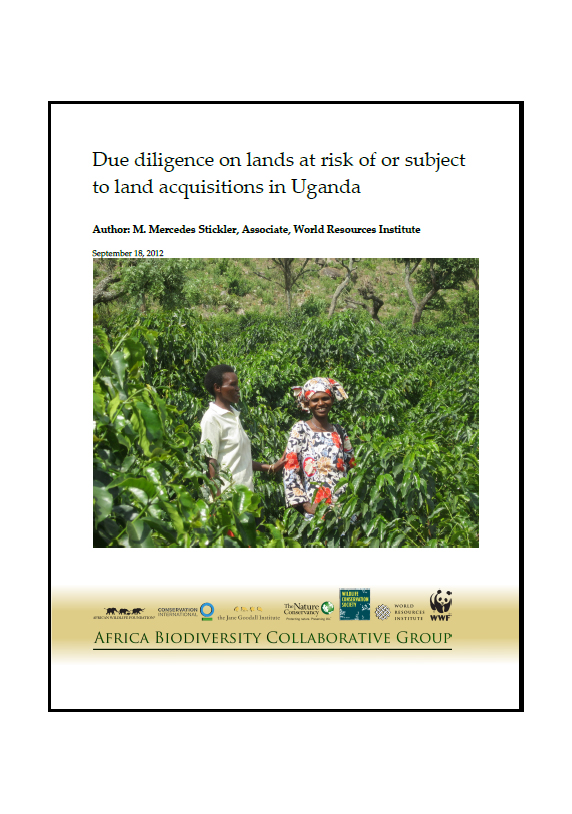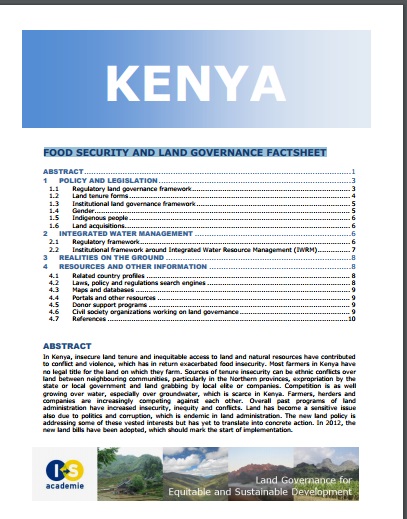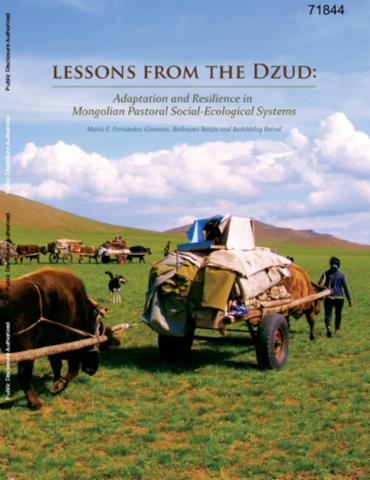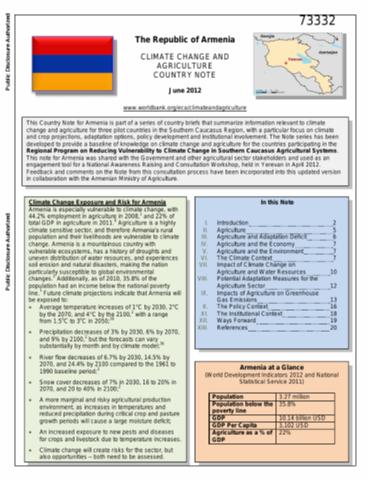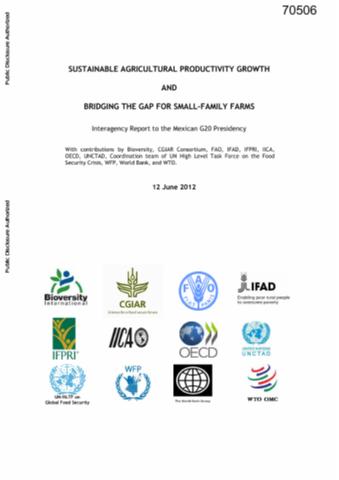The Odisha Special Survey and Settlement Act, 2012
An Act to deal with undertaking survey and settlement operations in the State by adopting modern technology to minimize the time span without compromising the quality, transparency and grievance redressal and related matters.


